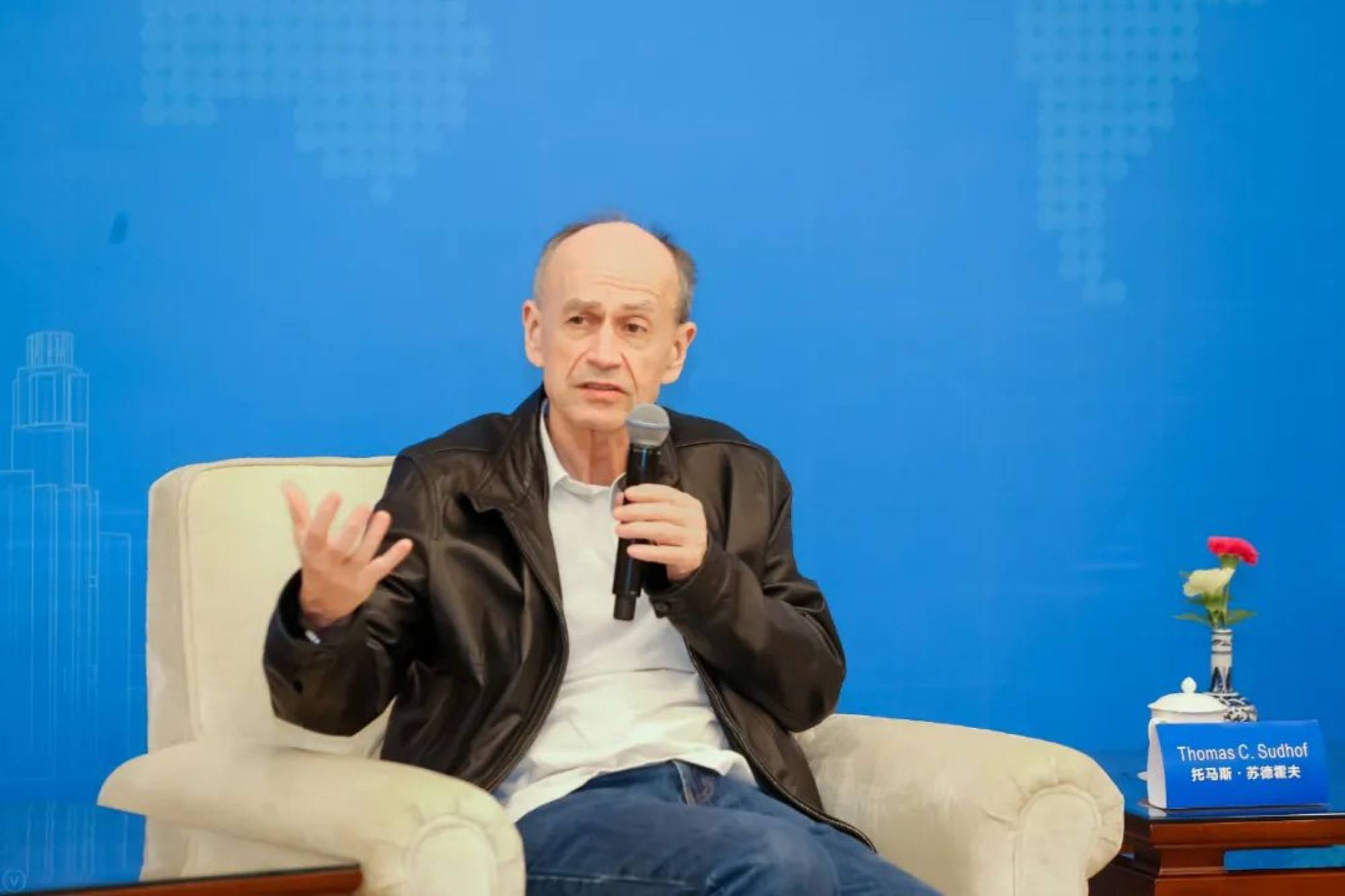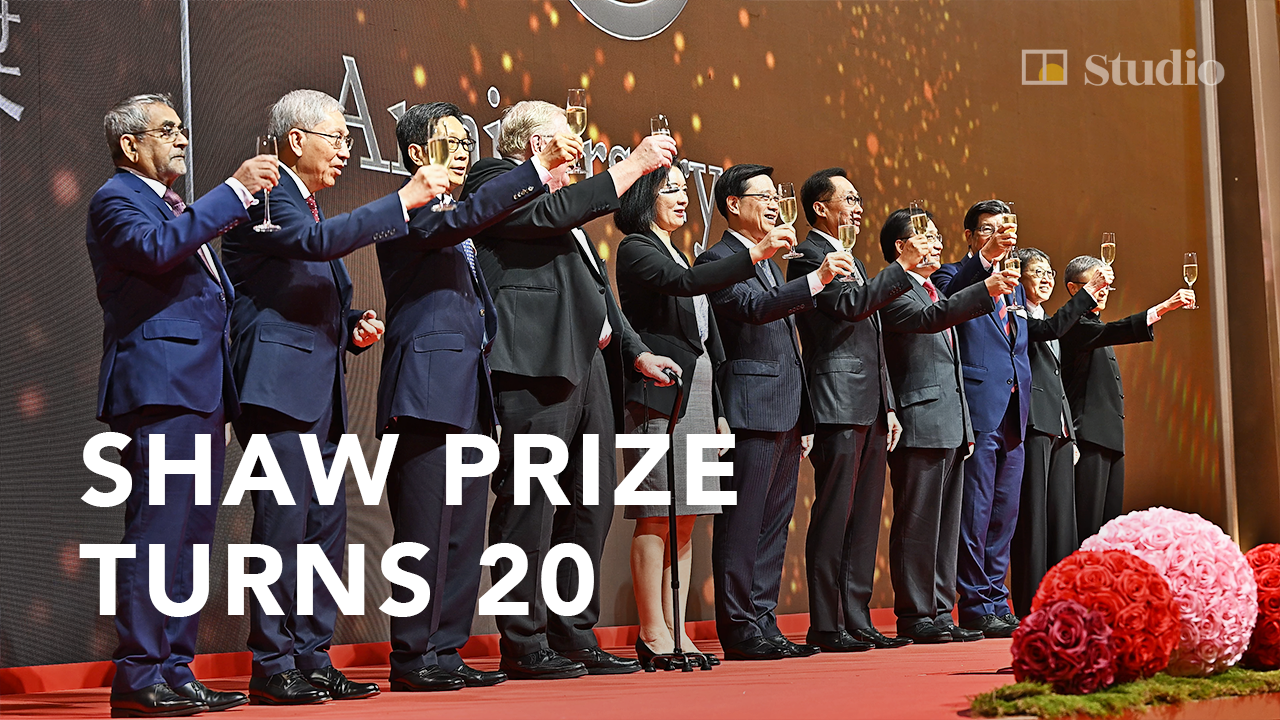
In China, foreign awards face growing cynicism among academic community after European institution controversy
- Questions are being asked about the legitimacy of some foreign academic accolades after claims of payments for honours
- The controversy began after a ceremony was held in Beijing welcoming members to the European Academy of Natural Sciences
On the afternoon of April 21, an institution called the European Academy of Natural Sciences (EANS) held a ceremony in Beijing to welcome its new members.
It was a grand occasion. The vice-president of the academy presented six Chinese scholars with membership certificates and gold badges, and Nobel laureate Thomas C. Südhof, a German-American biochemist, posed with them for a photo.
An article published the next day by a consulting firm called the China Development Research Institute showed a picture of Südhof with the institute’s president, Wang Tong, who was holding a certificate after he had been elected an “academician”. The article said Südhof congratulated Wang in a speech.
Some investigations have revealed that it is possible to pay to join the academy. Domestic media outlet Hongxing Xinwen, for example, consulted an agency that provides application services and was told that applicants could definitely be selected by paying 180,000 yuan (US$24,900).
The criticism and suspicion surrounding this honour signals a growing cynicism and immunity to foreign awards in Chinese society: as the country gradually emerges as a global leader in science and technology, honours bestowed by Western countries are now subject to more scrutiny.
“It is now time to critically examine the phenomenon of [worshipping] ‘foreign academicians’,” a social media user said.
According to the Post’s investigation, dozens of Chinese people have become academicians of EANS in the past few months, including some respected figures in academia, ranging from professors at China’s top universities to researchers at government research institutes and clinicians at major hospitals.
For example, Ma Fanhua, an associate researcher with Tsinghua University’s school of vehicle and mobility, was elected an academician in December 2023.
The EANS website, which is mainly in Russian, said in an article on May 3 that it is “not state-owned” like the Chinese or Russian Academy of Sciences, and “we invite the scientists whose work is of academic value and whose achievements benefit people”.
In an email response to the Post, Thomas Südhof stressed that he had never heard of the European Academy of Natural Sciences and had no connection with it. He said he was not invited by EANS, but did not give the exact name of the organiser.
Südhof is a neuroscientist at the Stanford School of Medicine who won the Nobel Prize in physiology or medicine in 2013.
According to Südhof and his Chinese collaborator Ellie Wang, he was invited to speak at an event in China where he was unexpectedly asked to participate in an impromptu photo session with people associated with the event organiser.

He said he had congratulated the recipients on their awards as a matter of courtesy, although he had “no idea what these awards were”.
He also expressed the feeling of being “deceived and tricked” when the Post brought the issue to his attention, as the organiser of the event had implied his affiliation with the “academy” by using the photos.
The scientist said he had also been approached in March by an agency inviting him to apply to join the academy.
On Wednesday, an article published by the China Association for Science and Technology wrote that domestic research institutions should clean up fake titles and paid honours, avoid supporting opportunists and giving resources to them.
Under the article, one commenter wrote that he had received similar application invitations many times, and one time in particular, when he asked if it was free or not, he was told he needed to pay 350,000 yuan.
The Post tried to contact the academy’s Chinese representative, Wu Jihua, but did not receive a response.
In his interview with Hongxin Xinwen last week, Wu denied that the academy’s qualifications were for sale or that it had ever charged an applicant a fee.


